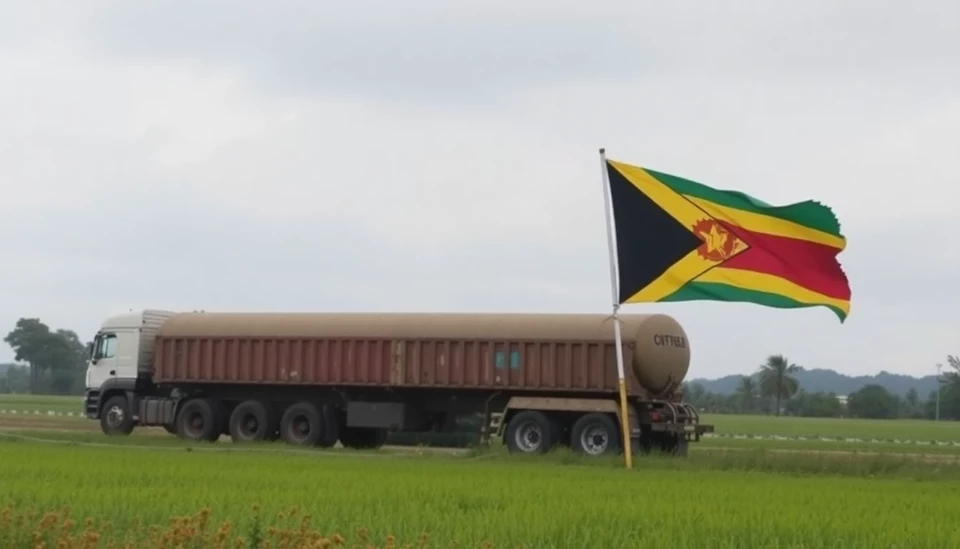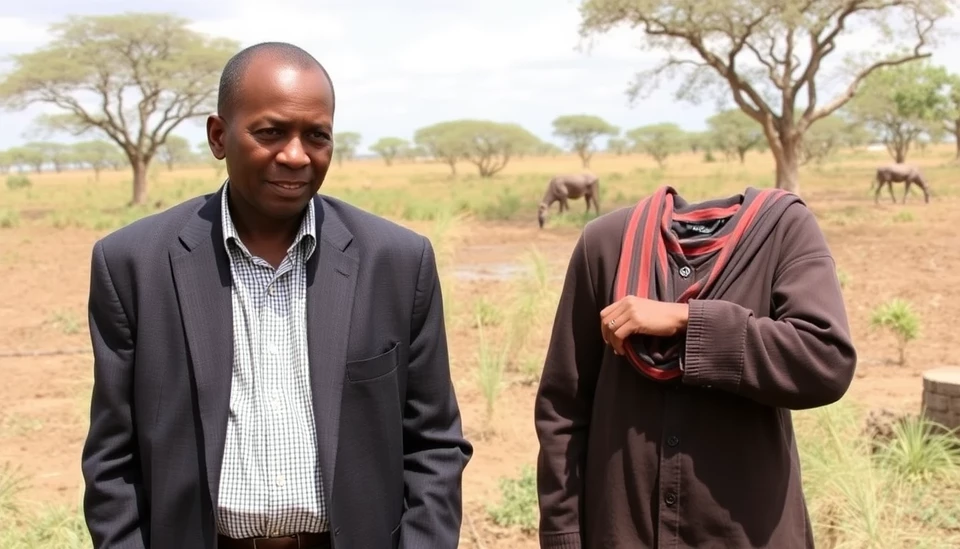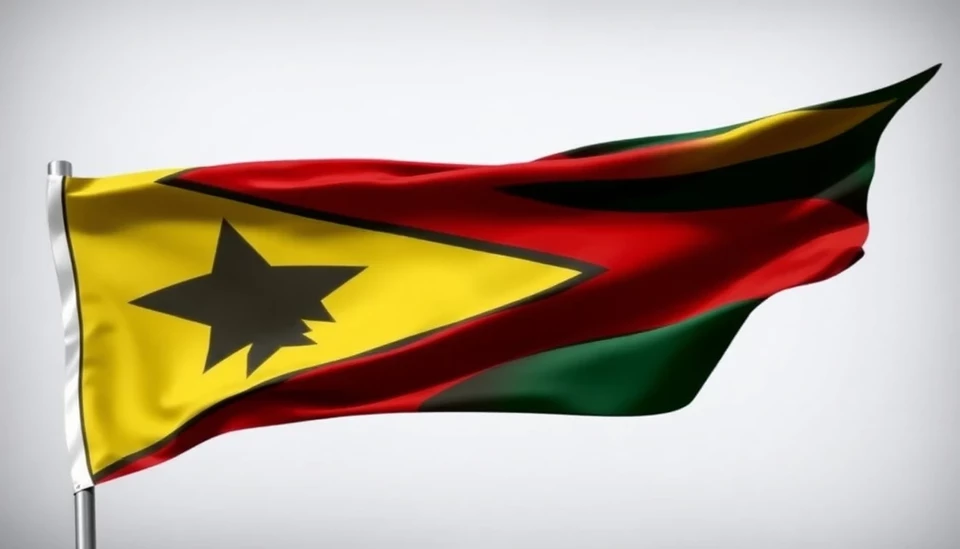
The economic landscape in Zimbabwe is shifting once again as the country witnesses a troubling resurgence of double-digit inflation. As of the latest reports, inflation has crept back into the double digits, standing at a staggering 11.6% as of December 2023. This marks a significant change from the modest rates experienced earlier in the year, raising concerns about the country's financial stability.
Central to this economic shift is the tightening of liquidity in the market. The Reserve Bank of Zimbabwe has been striving to curb inflation through stringent monetary policies. However, the impact of these measures seems to be backfiring, contributing to a decrease in cash availability. Citizens and businesses are feeling the burden of these economic constraints, as the cost of living continues to rise unabated.
The resurgence of double-digit inflation can be attributed to several factors, including increased prices for essential goods, foreign currency instability, and ongoing supply chain disruptions. As local currency fluctuations make imports more expensive, consumers are experiencing higher prices at retailers, with basic commodities becoming less affordable over time.
This rise in inflation was not entirely unexpected, given the economic climate following the global pandemic and ongoing geopolitical tensions which have further destabilized Zimbabwe’s economy. With inflation now taking center stage, analysts fear a potential spiral effect that could affect various sectors, including agriculture, manufacturing, and the broader service industry.
In response to these escalating economic challenges, the government has begun to implement measures aimed at stabilizing prices and enhancing liquidity in the market. However, experts question the effectiveness of these interventions, as the root causes of inflation remain unaddressed. The government is also under pressure to manage public perception as citizens increasingly voice their frustration over continually rising prices.
Adding to the concern is the political landscape within Zimbabwe. Economic turmoil often fosters dissatisfaction among the populace, which can lead to social unrest. Analysts are closely monitoring how the government will navigate these complex issues, especially amid existing political tensions.
As Zimbabwe confronts this economic conundrum, the focus remains on the resilience of its currency, the local government's policies, and the overall economic adaptability of its citizens. Stakeholders in the financial sector remain hopeful but cautious as the country’s economic future hangs in the balance, defined by the delicate interplay of inflation management and liquidity stabilization.
In summary, Zimbabwe's return to double-digit inflation is both a warning and a call to action for policymakers. The situation requires immediate attention and effective countermeasures to prevent further economic deterioration and protect the livelihoods of Zimbabweans.
#Zimbabwe #Inflation #Economy #FinancialStability #Currency #CostOfLiving #MonetaryPolicy #EconomicCrisis
Author: Rachel Greene




